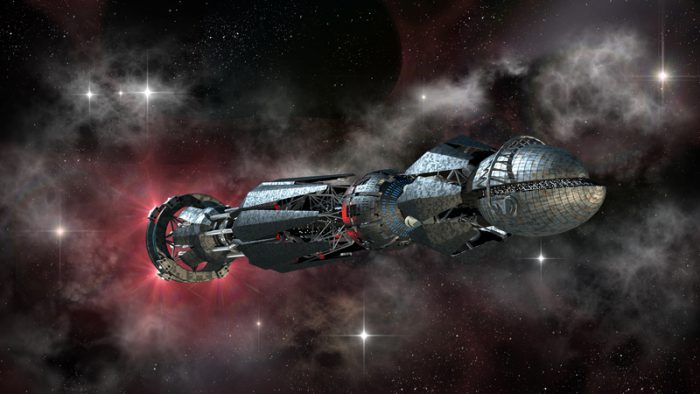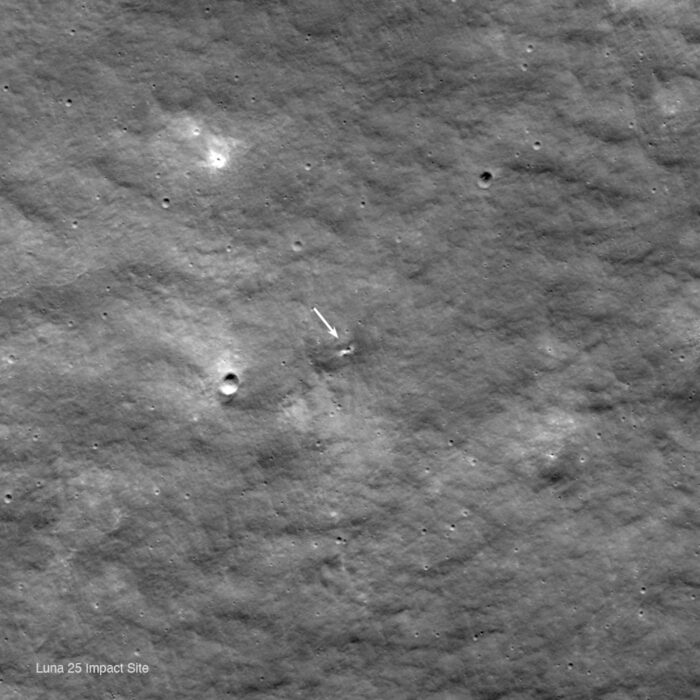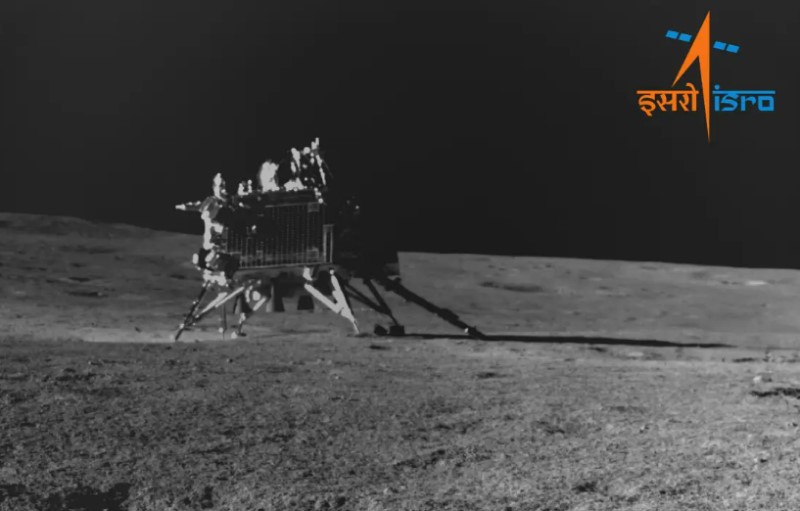Imagine a trip so long that the travellers' language and culture change beyond recognition for the people back home. That's sounds weird, right?
But it's exactly what a new paper is suggesting could happen if humanity ever attempts the greatest voyage of all. Say it with us ...
Interstellar travel!!
Gone so long

The Hubble Space telescope's image of our nearest star neighbour, Proxima Centauri. (NASA)
Simply put, an interstellar journey is one that would take humans from one solar system to another. It's kind of the wildest, most "Wow, what if??" idea in space travel. And it is also currently impossible. Why?
Because even the nearest star to us, Proxima Centauri, is a mind-boggling 40,208,000,000,000 km (25,000,000,000,000 miles) away, or 4.3 light years. One of the fastest spacecrafts ever built is the Voyager probe, which goes about 56,000 km/h (35,000 mph). It would take 40,000 years to reach Proxima.
But hey, imagine that one day we do manage to bring that length of time down with a faster spacecraft. Maybe someday we could go fast enough to make the trip in 500 years or so. Bottom line, it's still going to take a long time—and probably much longer than a single human lifetime. This is where things get really interesting.
Interstellar ark
One of the leading ideas about going to another star system is the interstellar ark, or generations ship. Remember the huge spacecraft in Wall-E, the Axiom?
It's actually kind of like that. We would build a huge ship and fill it with families, plants, animals—everything you'd need to live, grow, entertain, learn—and people would volunteer to live their whole lives on the ship. Grow older, start new families. Generation after generation would live on this ship as it travels through space—all to be able to one day have humans arrive in another solar system.
What a wild idea! And maybe completely unrealistic? But even if no one at NASA is planning it any time soon, it is the kind of idea that is exciting to think about.
What are you talking about?
A new paper, called Language Development During Interstellar Travel was created by a group of linguistics (the study of language) professors. They have said that before long, the language spoken on board an interstellar ark would change dramatically from any language that we knew on Earth.
People on board would create their own slang, their own accents, new words, new phrases. And without constant training in how to speak the language on the planet they left behind, they could become extremely difficult to understand if they and their descendants ever made contact with people from Earth again. And that's not to mention the fact that the people on Earth's language would have changed, too!
Humans constantly change
Humans have developed new languages all through history. And those languages each grow and change. (Getty Embed)
You might be wondering: What is the point of this paper? Will this kind of space travel EVER even happen? Who would volunteer to fly on a space craft that they, their children, they grandchildren, their great grandchildren, their great-great-grandchildren ... would never leave?
Hey, when you put it that way, we don't know either!
But the point is that human societies never stay the same. And different societies change differently—just think of all of the different accents and dialects of English around the world. Interstellar travel would be an extreme example of this very familiar human characteristic.
Better pack a dictionary, astronauts!
 An interstellar spaceship would need a good language studies class. (© 3000ad - Dreamstime.com)
An interstellar spaceship would need a good language studies class. (© 3000ad - Dreamstime.com)










Another thing to take into account is technology vs. time. Imagine how much technology has changed in the past 50 years. This would take much longer, meaning that the technology on board connecting to earth would soon be obsolete on earth. The people on board would do great for history, but would miss out on a lot on earth.
Hello Owl Connected, I recently watched the “issue” in which a number of you talked about your favourite topics on O.C.
I am a grandmother, living in Roberts Creek, B.C. Since I have sent subscriptions to your various magazines to grandchildren and others for a very long time, I have also had the chance to subscribe to Owl Connected.
You do an incredibly good job of explaining current subjects, many challenging, all thoughtfully presented. I only wish news for “adults” was so clear, to the point, and oriented to growth in understanding.
Thank you!!!!
Julie Gleadow
One thing though: if constantly in a spacecraft that is moving at the speed of light, then you would only age 1 year for every hindered years. So that would be a way to travel without needing to spend your whole lifetime on the ship. Actually, you would spend the same amount of years on the ship, you just wouldn’t age as fast.
I’d be happy to do that if it meant living longer. Actually, that might be the final step in human ingenuity, a way to live for 10,000 years, maybe more!